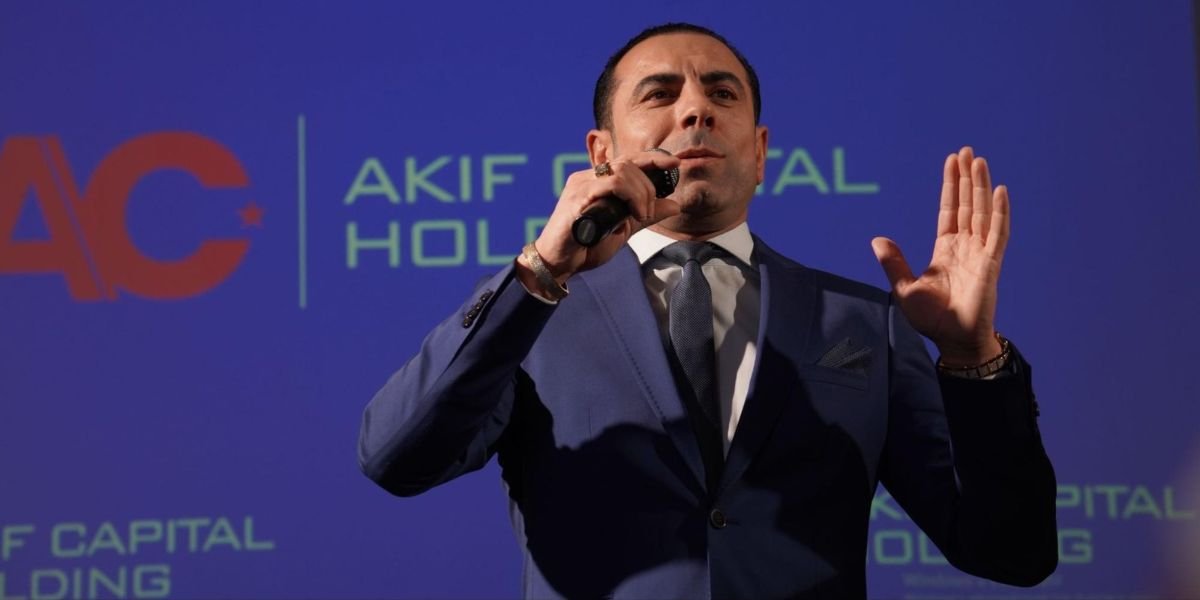Image commercially licensed from: Unsplash
Houston, TX, 05/10/2023 – Real estate investing can be an excellent strategy for long-term wealth building. Here are some top real estate investment strategies that can help you achieve this goal, from Houston’s largest private commercial real estate owner, Ali Choudhri, CEO of Jetall Capital.
We have all seen those flip, re-model, California dreaming, and lotto-winning house shows. But reality is quite different from what they display as everyday life. Real estate is a difficult business, full of REAL work and HARD knocks, and yes people get rich…but they also lose their shirts if they are not careful.
So, I have been in this business for two decades, and I know what it takes to develop your own success in real estate. As much as we are told this in lots of advertisements online – Grant Cardone is not going to make you successful, nor is Manny Khoshbin, or The Sharks from Shark Tank. Only YOU can make yourself successful. And to do that, you must learn the basic principles of wealth development in real estate.
* Buy and Hold: This strategy involves purchasing properties with the intention of holding onto them for an extended period. Over time, the property value tends to appreciate, and you can generate rental income, while paying down any liens. This approach allows you to build equity, benefit from tax advantages, and potentially enjoy passive income.
* Rental Properties: Investing in rental properties involves buying residential or commercial properties and renting them out to tenants. The rental income can provide a steady cash flow, and as the property appreciates, you can (slowly) build wealth. Proper property management and selecting desirable locations are essential for success with this strategy, but this strategy is tried and true.
* Fix and Flip: Apparently every TV producer’s favorite. This strategy involves purchasing distressed properties, renovating or improving them, and selling them for a profit. Successful fix and flip investors have a keen eye for undervalued properties, understand renovation costs, and can accurately estimate the property’s after-repair value (ARV). It requires knowledge of the local market, construction, and real estate trends. I should specifically state, this is not just a residential game. There is an entire industry of fix and flip on the commercial side: retail, office space, storage, and more.
* Real Estate Investment Trusts (REITs): REITs are companies that own, operate, or finance income-generating real estate. They allow investors to purchase shares in the company, providing exposure to a diversified real estate portfolio. REITs are a hands-off approach to real estate investing (for the passive investor) and can provide regular income through dividends.
* Real Estate Syndication: Syndication involves pooling funds from multiple investors to acquire larger properties or projects that would be challenging to invest in individually. This strategy allows you to invest in properties with higher potential returns while sharing the risks and responsibilities with other investors. It requires thorough due diligence and working with experienced syndicators.
* Vacation Rentals: Investing in vacation rental properties in popular tourist destinations can provide a combination of rental income and personal use. Platforms like Airbnb and VRBO have made it easier to market and manage vacation rentals. However, local regulations, seasonality, and property management should be considered when pursuing this strategy.
* Commercial Real Estate: Investing in commercial properties such as office buildings, retail spaces, or industrial properties can provide higher rental income and potential appreciation. It often requires more substantial capital, knowledge of market dynamics, and leasing agreements. However, it can offer long-term stability and attractive returns, particularly if one wants to invest in the troubled asset marketplace.
* Real Estate Development: This strategy involves purchasing land, obtaining necessary permits, and developing the property for sale or lease. Real estate development can be capital-intensive, time-consuming, and involve higher risks. It requires in-depth market research, construction knowledge, and understanding of zoning and regulations.
Remember, each strategy has its own risks and rewards, and it’s important to thoroughly research and analyze potential investments, seek professional advice when needed, and consider your personal goals and risk tolerance before making any real estate investment decisions.
“Property ownership sustains long-term value to you and your shareholders or family. Understanding the cash flow potential of a commercial investment property is vital for you if seeking to make informed decisions and achieve long-term success in your portfolio.” – Ali Choudhri, CEO at Jetall Capital.
Investing in commercial properties offers numerous opportunities for wealth creation, but it also carries substantial risks. By employing diligent research and analysis, prospective investors can mitigate these risks and identify properties with strong cash flow potential and high likelihood of long-term value appreciation.
About Jetall Capital

Sourced photo
Jetall Capital is a family-owned real estate investment and management firm, which through its principals, commenced operations in 1961 in London, England. Lead by Mr. Ali Choudhri, Jetall Capital is a family-owned real estate investment and management firm, which is now the largest private owner of commercial office space in Houston’s Galleria submarket – managing over 1 million square feet of high-value property throughout Houston, Austin, and Dallas.
Contact:
Jetall Capital
Aiden Porter
mediaops@jetallcompanies.com
713-789-7654
Sponsored Post












